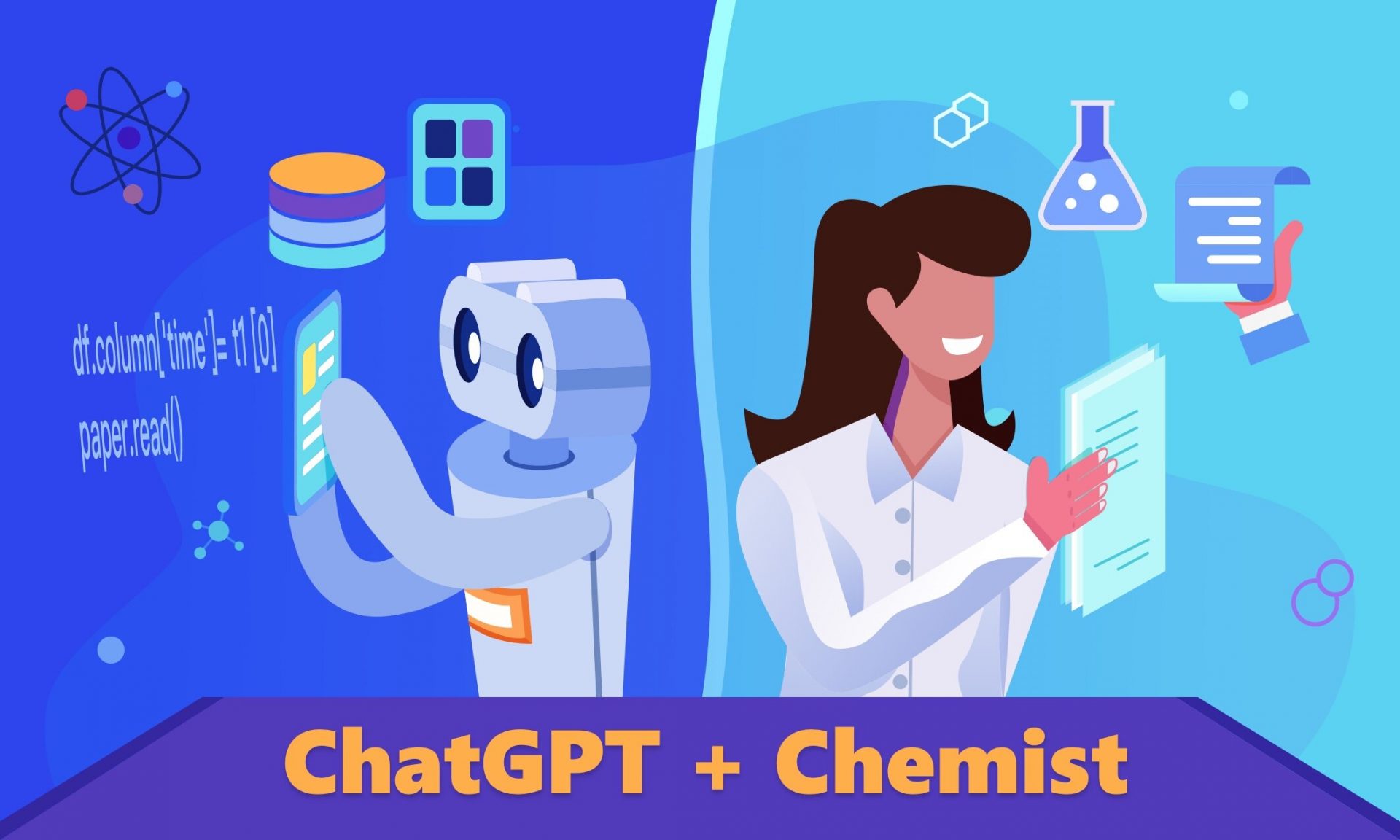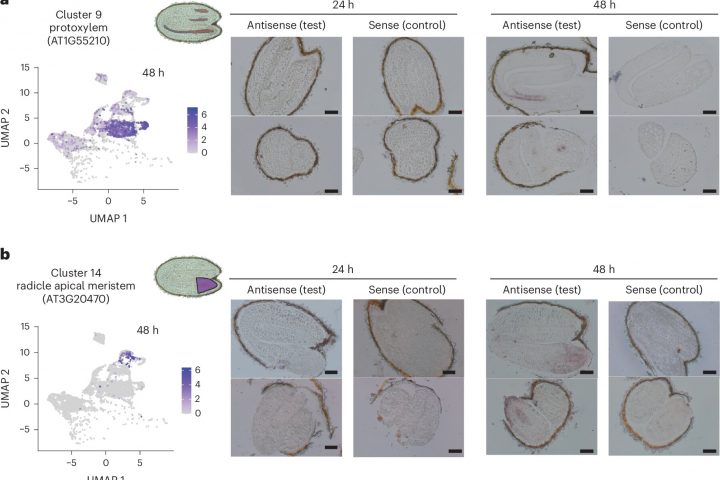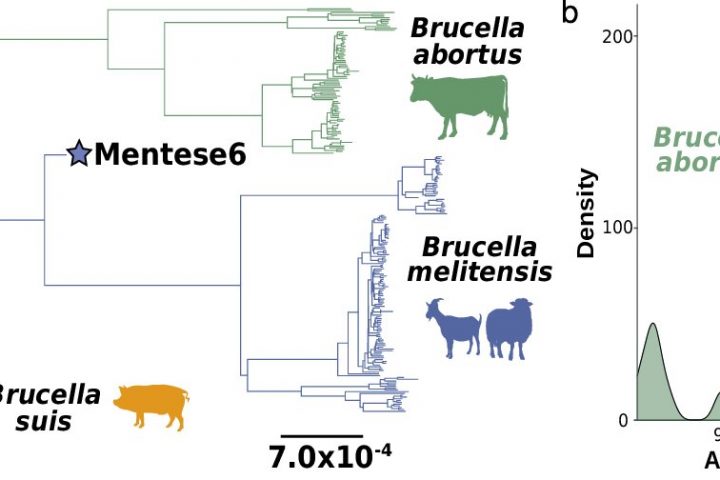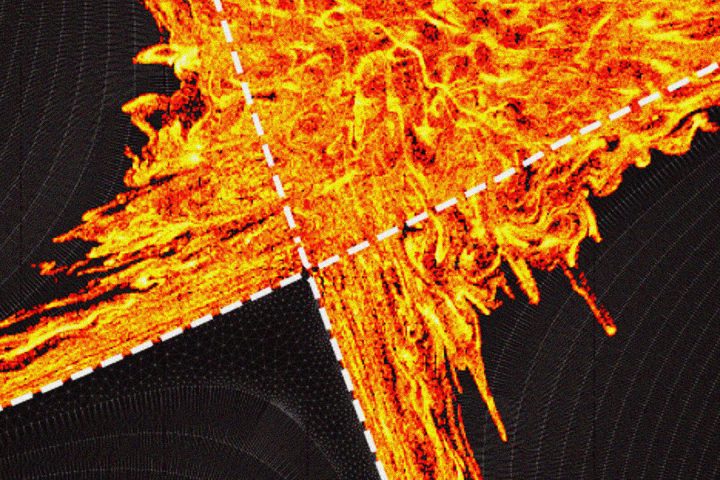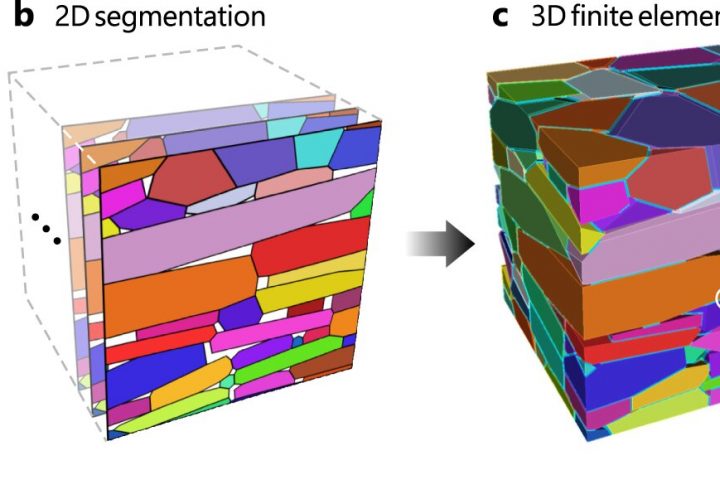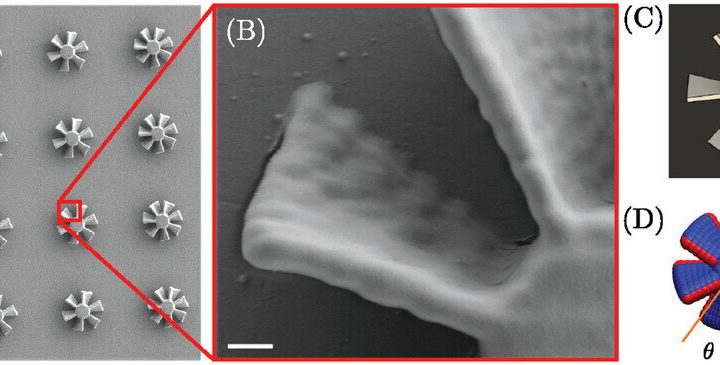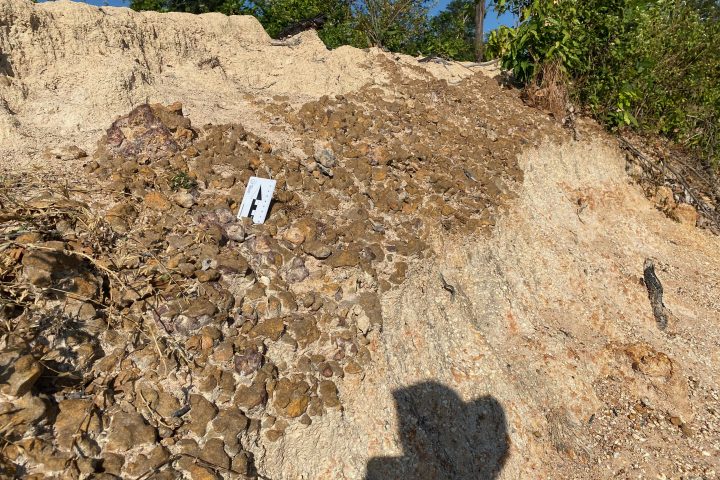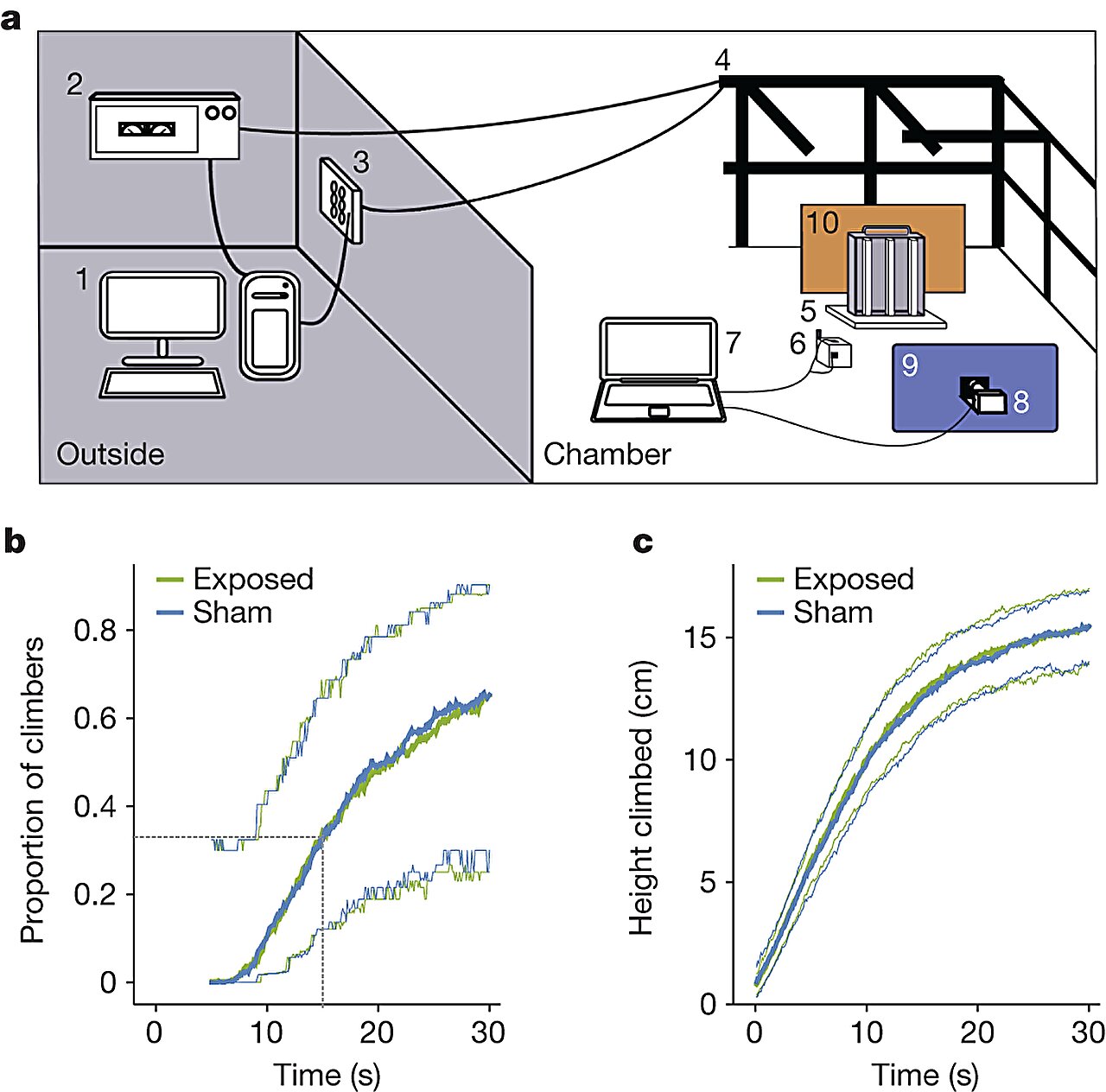Are chemists on the verge of a breakthrough? The time-consuming task of developing new materials may soon be revolutionized by artificial intelligence (AI). In a groundbreaking study published in the Journal of the American Chemical Society, researchers harnessed the power of ChatGPT, a popular AI model, to search through scientific literature. But they didn’t stop there. They used the data to create a second tool—a model that predicts experimental results.
Previous studies have provided a wealth of information for chemists, but sifting through it all can be a laborious task. Imagine having to go through hundreds of scientific papers just to find the relevant details for designing highly porous, crystalline metal-organic frameworks (MOFs) with potential applications in clean energy. AI has been attempted before, but the technical expertise required and the need to modify the program for different topics made it challenging. However, Omar Yaghi and his team wanted to explore the potential of the latest language models, including ChatGPT, to make this process more accessible and flexible.
The researchers guided ChatGPT through three processes to analyze scientific papers and extract experimental information. They carefully constructed prompts to minimize the model’s tendency to generate false responses and ensure accurate results. When put to the test with 228 papers on MOF syntheses, the system successfully extracted over 26,000 relevant factors for creating approximately 800 compounds. Using this data, the team trained another AI model to predict the crystalline state of MOFs based on the experimental conditions.
But they didn’t stop there. To make the data even more user-friendly, the researchers developed a chatbot that can answer questions about it. The best part? No coding expertise is required to use this AI-based system. Scientists can easily adjust the prompts to shift the focus and apply it to different areas of chemistry. The team has named this innovative tool the “ChatGPT Chemistry Assistant,” and they believe it has the potential to revolutionize other fields of chemistry as well.
,,,
